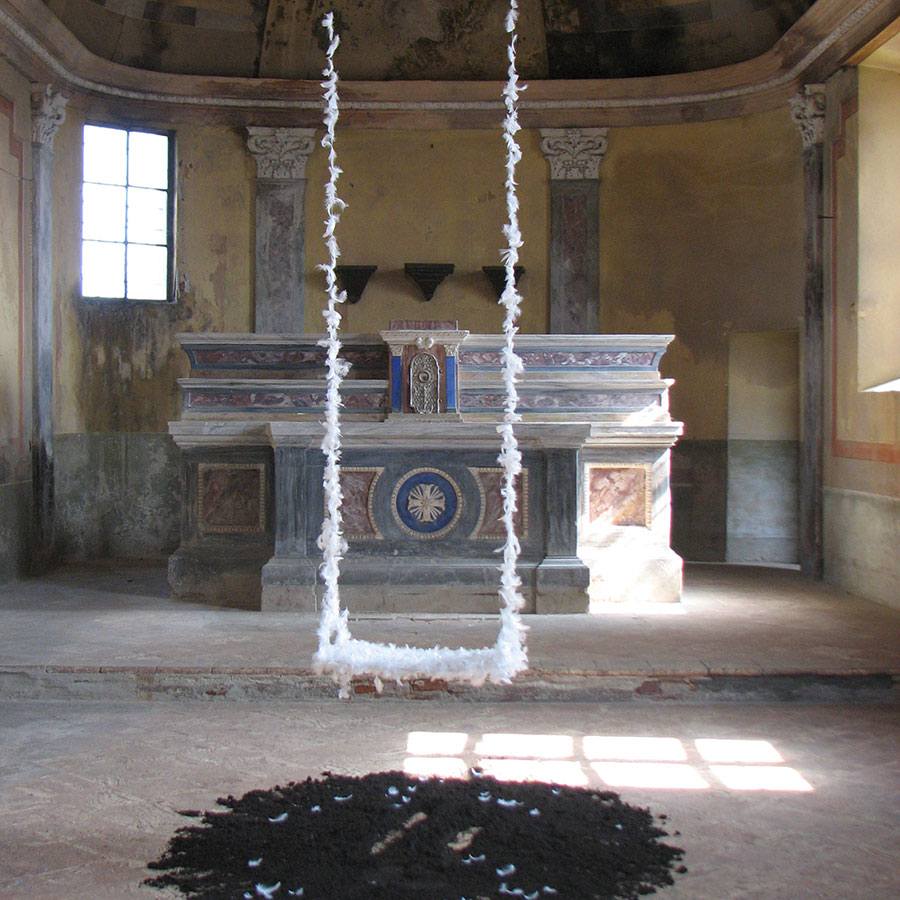Hermes
By Igor Zanti
Oh Hermes [….], With many resources,
kindly cunning, marauder, herd guide,
bearer of dreams, night watcher,
thief at the gates, which he hurriedly showed
his exploits among the immortal goddesses
Homer, hymn to Hermes
The figure of Hermes, from a mythological and philosophical point of view, is very complex and hides many hidden meanings. Traditionally, the simple role of messenger of the gods is attributed to this divinity, generated by the secret and nocturnal embraces of Zeus and the nymph Maia. A more in-depth research reveals, however, that this role of divine herald is only a part of what Hermes has represented in the ancient world in general, and in the classical Greek one in particular.
Hermes was the protector of the crossroads, where the herms with his effigy and the erect genital organ were placed to protect travelers and travelers, he also watched over the souls who embarked on the mysterious journey to the kingdoms of Hades (it was, in fact , the only divinity, besides Proserpina and Hades, associated with life in the underworld), protected the athletes and, perhaps in a deliberately mocking way, the thieves, the merchants and the astute men (several times he helped Ulysses in his nostos).
Hermes’ identification with the Egyptian god Thoth makes it one of the symbolic incarnations of alchemical art. Alchemy, in addition to being a physical and chemical discipline, involved an experience of growth and a process of liberation and salvation of the author of the experiment. In this perspective, alchemical science was sacralized and brought back to a type of metaphysical and philosophical knowledge, assuming mystical and esoteric connotations, so that alchemical processes and symbols often have an internal meaning related to spiritual development in connection with the purely material one of physical transformation. Precisely for this reason the cult of Hermes, following the Hellenization of the Mediterranean basin, has taken on a markedly mysterious and esoteric meaning, an meaning that has maintained in imperial Rome and which has been handed down, in various forms, to the present day. It will be surprising that Annalù’s work (stage name of the Venetian artist Annaluigia Boeretto) approaches Hermes, but a careful analysis will allow us to understand how many ideas used by our artist in their work can be traced back to the symbolic figure of the Greek god.
In Annalù’s works there is always a sense of metamorphosis, of passage, of evolution, a sort of journey between different states, between different realities, a spirit of research that shares some typical aspects of alchemical science. The artist tries to fix in his works the moment in which the metamorphosis takes place, to understand the mechanisms and forces that underlie the process inherent in the transition from one state to another, whether it is a state merely physical, which of a psychological or spiritual state. Annalù, in his personal research, understands metamorphosis, in a broad sense, as the fundamental step to progress towards a new reality, towards a new consciousness, towards a new physical and cognitive dimension.
On a formal level, in Annalù’s work, constants are found. The artist relies on the metaphorical element of the butterfly (a butterfly that has become a sort of distinctive feature in his recent production) which embodies the symbolic role of the concept of metamorphosis, The artist, through the wise use of different materials such as wood, concrete, resins, bitumen black, metals, tries to reaffirm this concept almost at a tactile level. The various elements come together, merge, like inside a cauldron of a magician or an alchemist, to create new realities, new physical states or to free the bodies they imprison.
It is important to understand how the tactile and material aspect is one of the fundamental elements of Annalù’s work, as if the artist wants to suggest to the public the effort and energy that is released when a metamorphosis or the transition between a state and the other takes place: the effort of the chrysalis to become a butterfly, of the mineral to free itself from the rock that surrounds it. Annalù’s work arises in that moment of transition between painting and sculpture, in a hybrid terrain which, however, allows the artist to experiment with different expressive possibilities.
Annalù leads us through an initiatory journey, mediated by a deeply feminine sensitivity and a sense of rarefied poeticity, a journey where we will meet ancient and ancestral symbols, where we will rediscover elements that are the basis of western culture, which will ask us questions about human existence , on the value of art as a means of knowledge, a journey that we will undertake alongside the artist following the winged steps of Hermes……….
Installation at the Chiesa Sconsacrata, Casale Monferrato (AL).
2001



